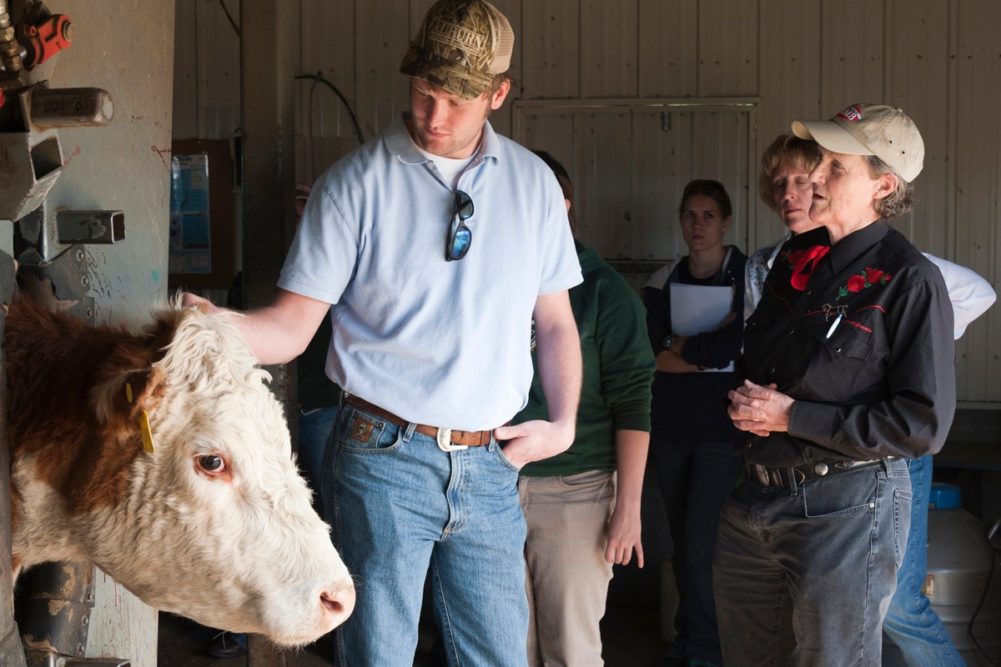KANSAS CITY, MO. – When the focus of a special report for the meat and poultry processing industry is the evolution of animal welfare over the past century, which was the topic of MEAT+POULTRY’s December issue cover story, the primary source could only be Temple Grandin, PhD, professor of animal science at Colorado State University and an expert on animal behavior and humane livestock handling. Grandin has dedicated the last half century to improving the treatment of animals raised to supply the world’s meat and poultry processing industry with the raw material needed to produce their products.
In this week’s MEAT+POULTRY Podcast, we sat down with Grandin and discussed how the treatment of animals has been a topic of discussion in society dating back to biblical times. She discussed how references in the Bible and even the Quran provided guidelines for humane treatment of animals. She also talked about how one early and significant tipping point that established the groundwork for the future of animal welfare was when neuroscientists confirmed that mammals had the capacity to experience human-like emotions, including fear.
Grandin talked about how legislation in the 1950s began to address the issue, but meaningful changes in livestock handling in the United States came about decades later. She discussed a career path that saw her play the leading role in developing the animal welfare guidelines and auditing system that was first adopted by McDonald’s and later by all fast-food chains. She also discussed how the responsibility for animal welfare has since been embraced by the industry, from farm to fork resulting in dramatic changes in the mindset and practices of animal handlers in the food supply chain.
Subscribe to MEAT+POULTRY podcasts





